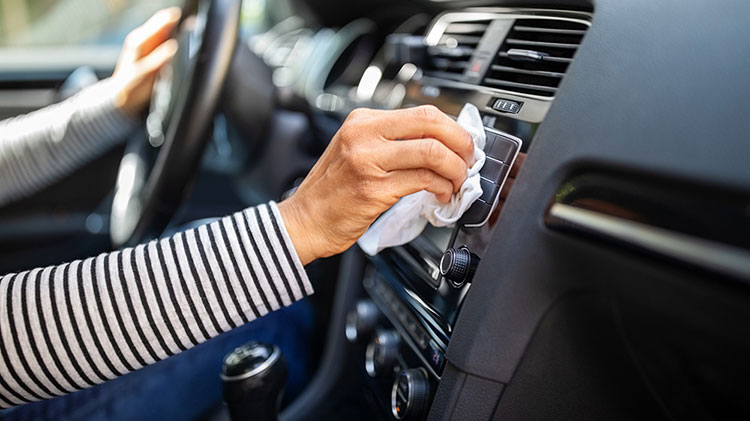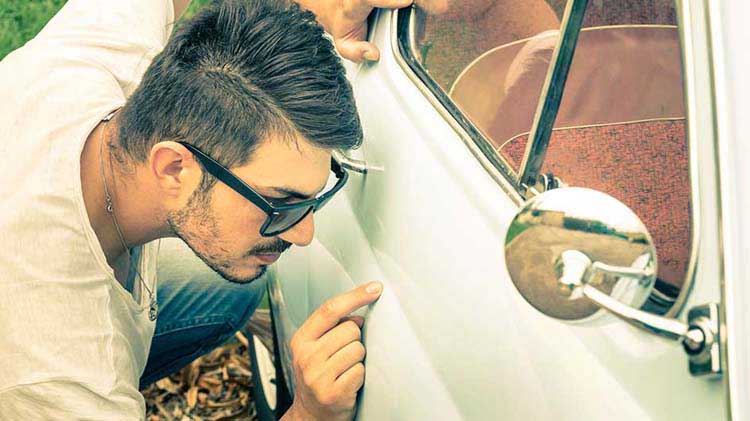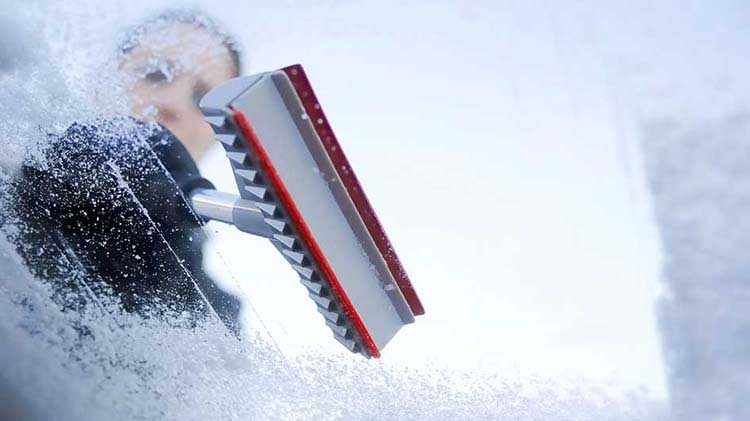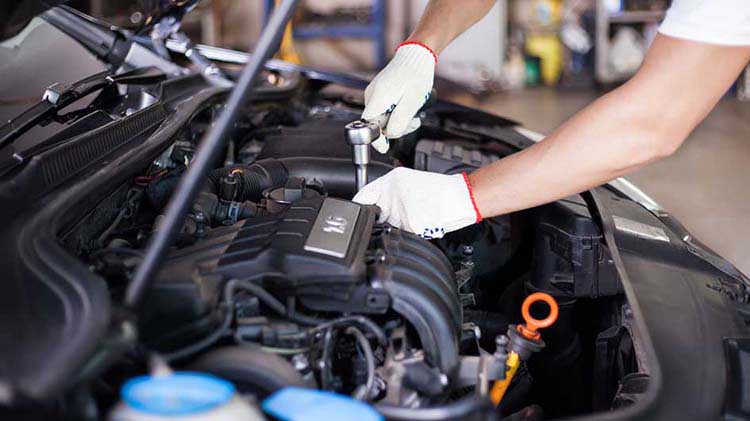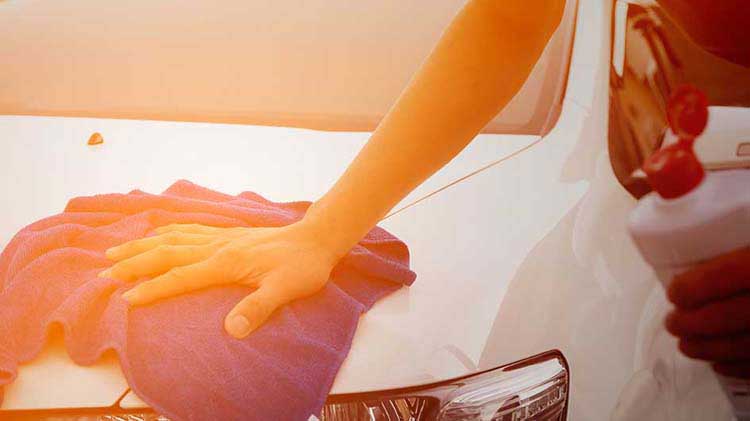How to clean and disinfect your car
There are many things you can do to clean your car — here's how to disinfect a car without causing any damage.
You work hard to keep your home germ-free, but what about your vehicle? The average American spends about 10 hours a week in their vehicle, which is plenty of time to make a mess. Crumbs and receipts lurk under the seats, of course, but less obvious are germs that can spread from coughs, sneezes and hands.
Cleaning the vehicle interior and exterior is an easy DIY maintenance task, but doing it properly can be tricky because most cars include a variety of materials. Here's a quick guide on the cleaning supplies you'll need to disinfect a car and advice on how to disinfect a car, truck or SUV without damaging the surfaces.
Step 1: Remove debris inside the car
Throw away trash, organize storage compartments and remove everything you have been meaning to take into your home or office.
Step 2: Vacuum
Use a shop vacuum or high-powered vac at a carwash to clean all surfaces — be sure to include the dashboard, carpets, seats, roof and trunk. Remove, shake out and vacuum the floor mats.
Step 3: Choose cleaning supplies to disinfect your car
- Car-specific cleaning products or automotive car wipes will safely remove dust and dirt, but most won't remove germs.
- Soap and water will kill most viruses and are safe on fabric or leather, but avoid oversaturation or scrubbing too hard.
- Isopropyl alcohol (70% or higher) is a disinfectant that's safe on most interior surfaces, including imitation leather, but it shouldn't be used on real leather (see Step 5).
- Do not use bleach or hydrogen peroxide inside your car. They can damage upholstery and touch screens.
Step 4: Sanitize touch points
After vacuuming, your car probably looks pretty clean, but your job isn't finished until you've used a disinfectant to remove invisible germs.
Wipe down all surfaces with a cleaning agent on a microfiber cloth which is most effective at trapping dirt and germs. Pay special attention to "high-touch" areas including:
- Steering wheel
- Seat adjusters
- Dashboard
- Rearview mirror
- Radio
- Gear shifter
- Glove box
- Console
- Cup holders
- Armrests
- Interior door panels
- Handles and knobs
- Seat belts
Don't oversaturate carpet or cushions, which could eventually lead to a musty smell or even mold.
Leave the surfaces wet for several minutes so the cleaning agent has enough time to kill viruses and bacteria.
If your car has a noticeable cigarette odor, follow these extra steps to remove it.
Step 5: Clean leather with care
If leather loses its natural oils, sometimes due to extended sunlight exposure, it will fade and crack. Abrasive cleaners (isopropyl alcohol, bleach and hydrogen peroxide) and vigorous scrubbing can dry out leather.
The safest bet to sanitize car seats is to use a microfiber cloth with soapy water, avoiding excess moisture and friction. Apply leather conditioner after cleaning to preserve moisture and durability.
